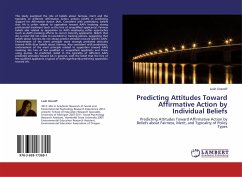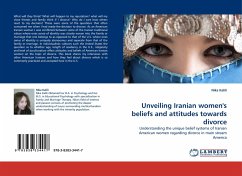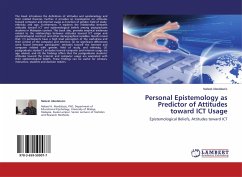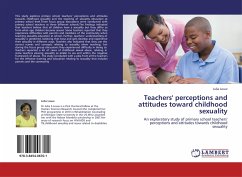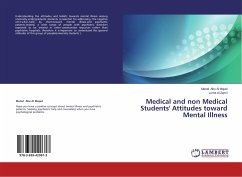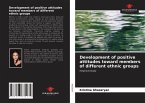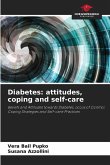This study examined the role of beliefs about fairness, merit and the typicality of different Affirmative Action policies (AAPs) in predicting support for Affirmative Action (AA). Consistent with predictions, beliefs that AA is unfair related to opposition toward AAPs involving strong preferential treatment (such as the hire of unqualified applicants). Fairness beliefs also related to opposition to AAPs employing softer approaches (such as AAPs involving efforts to recruit minority applicants). Beliefs that AA is unfair did not relate to race-blind or training policies, suggesting that beliefs about fairness do not always predict attitudes toward specific AAPs. Endorsement of the merit principle more strongly predicted attitudes toward AAPs than beliefs about fairness. Also consistent with predictions, endorsement of the merit principle related to opposition toward AAPs involving the hire of less qualified or unqualified applicants and those using quotas. As predicted, belief in the typicality of different AAPs predicted attitudes toward AA in general, with the belief that the hire of less qualified applicants is typical of AAPs significantly predicting opposition toward AA.
Bitte wählen Sie Ihr Anliegen aus.
Rechnungen
Retourenschein anfordern
Bestellstatus
Storno

